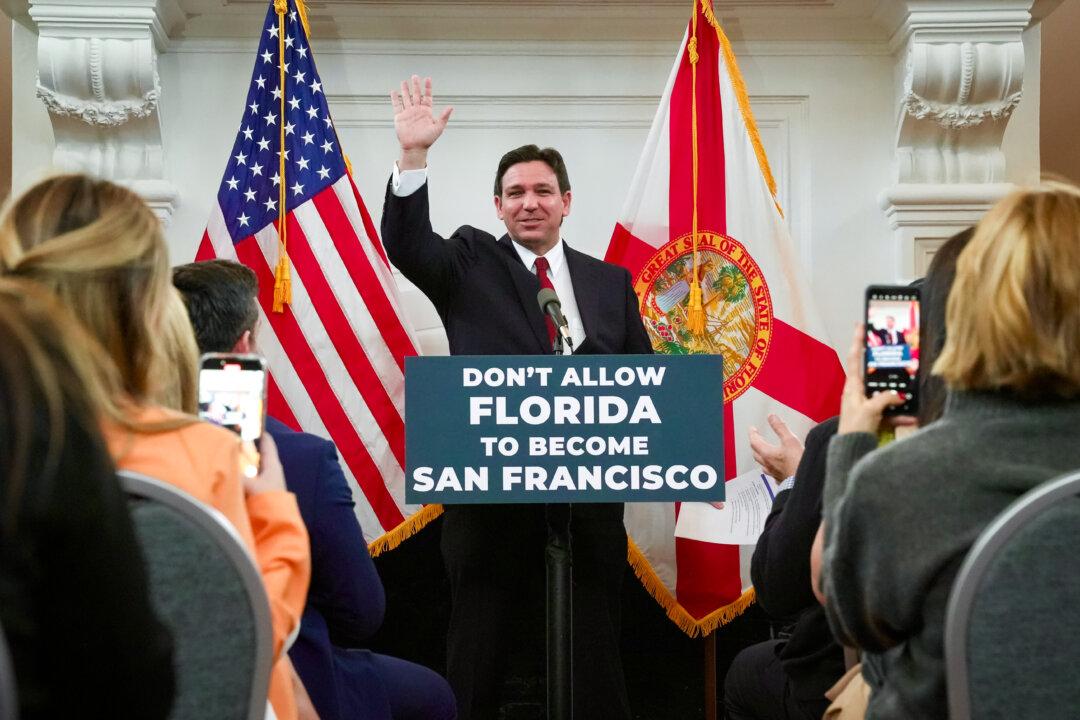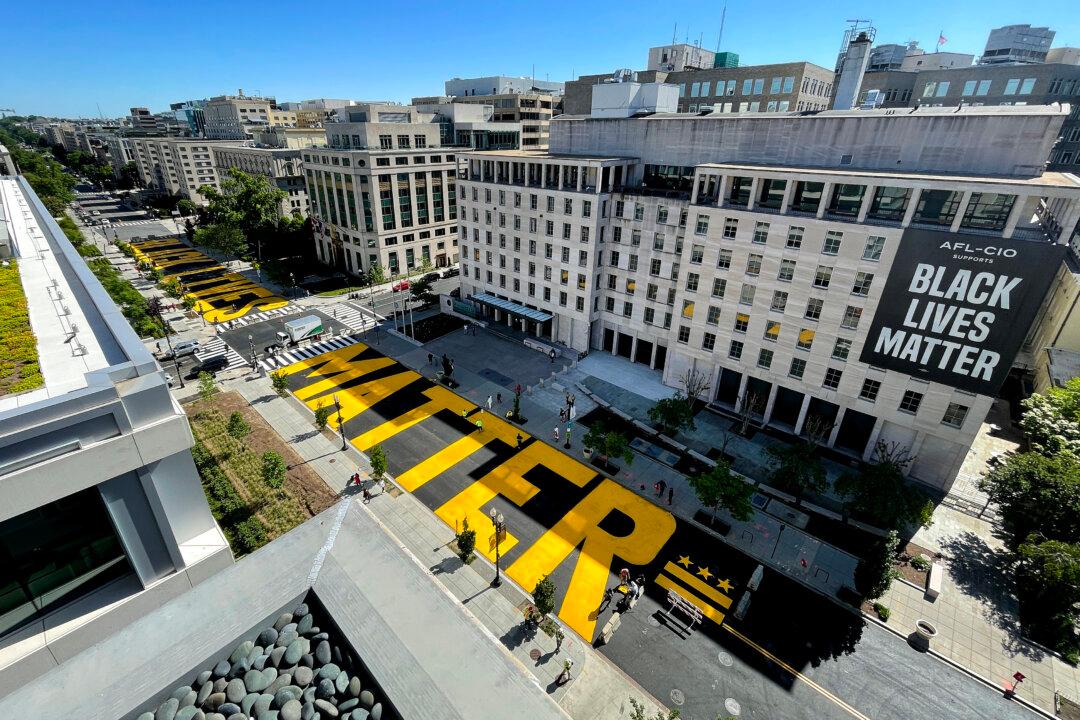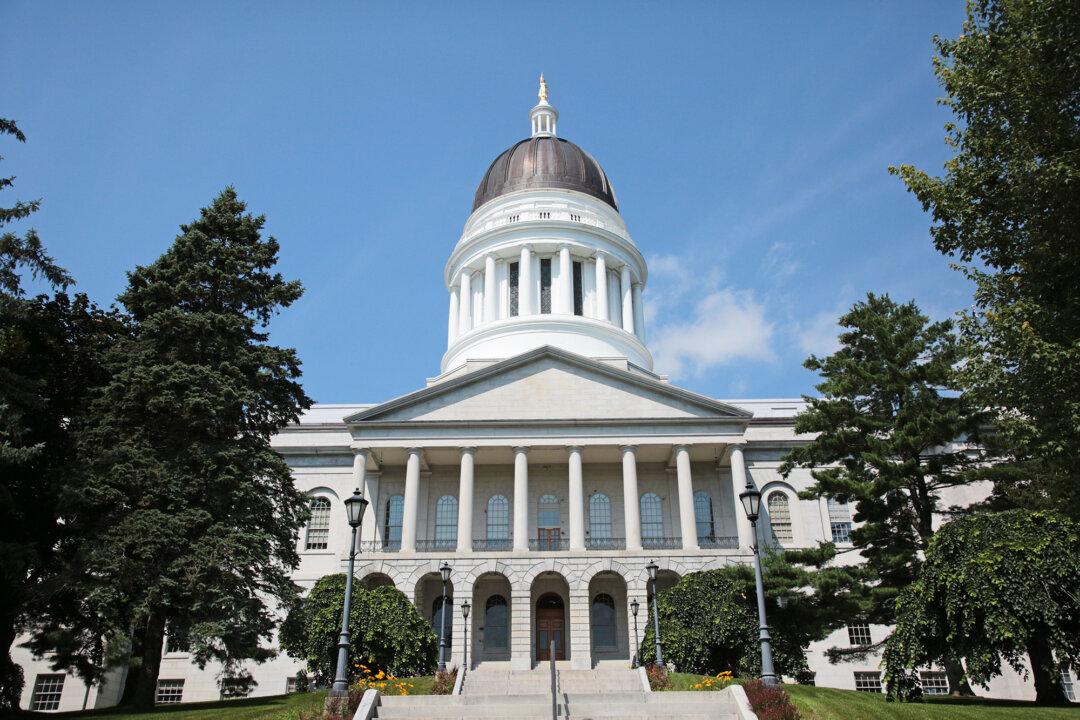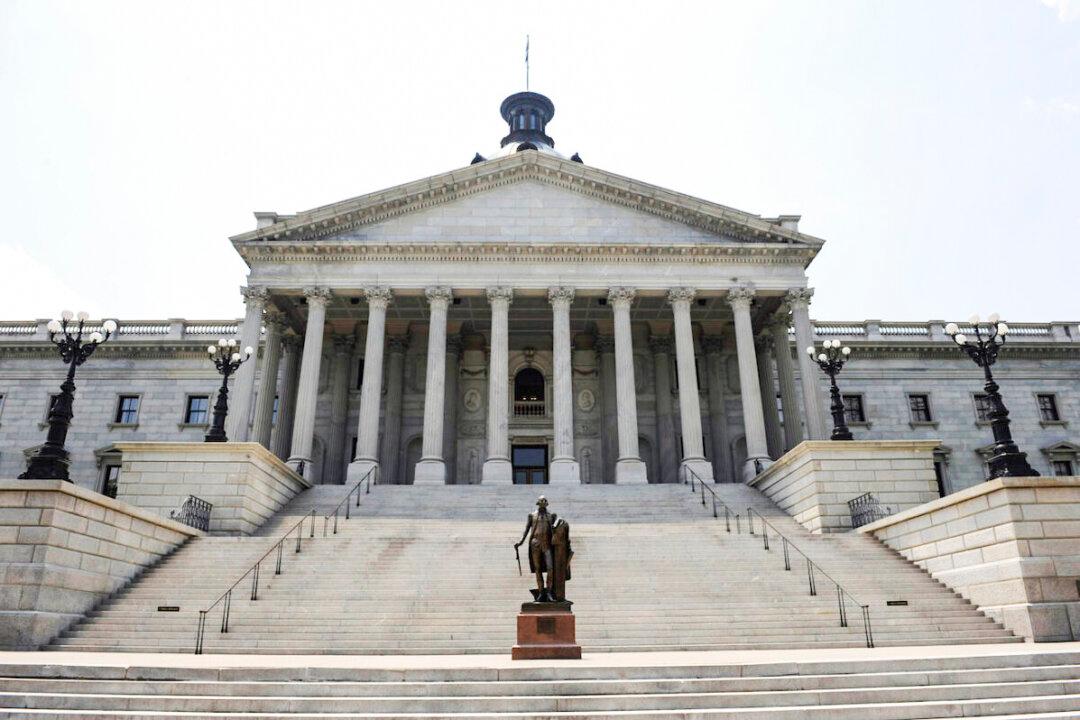As the political battle over abortion continues, both sides have started using private cause-of-action laws in attempts to tip the balance.
Unlike typical laws that rely on government enforcement, private cause-of-action laws don’t have a government penalty attached to them. Instead, the measures allow lawbreakers to be sued by private citizens.




